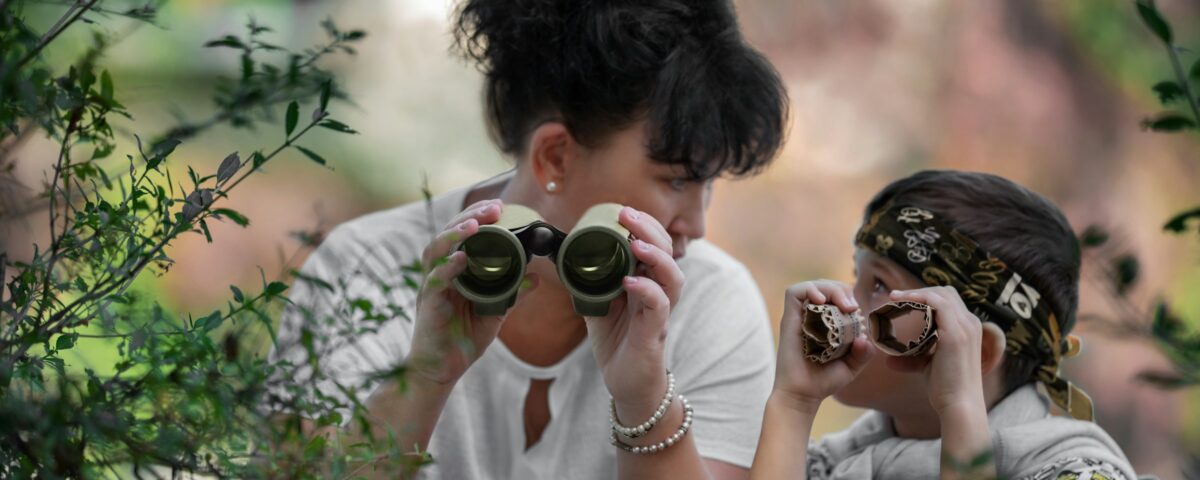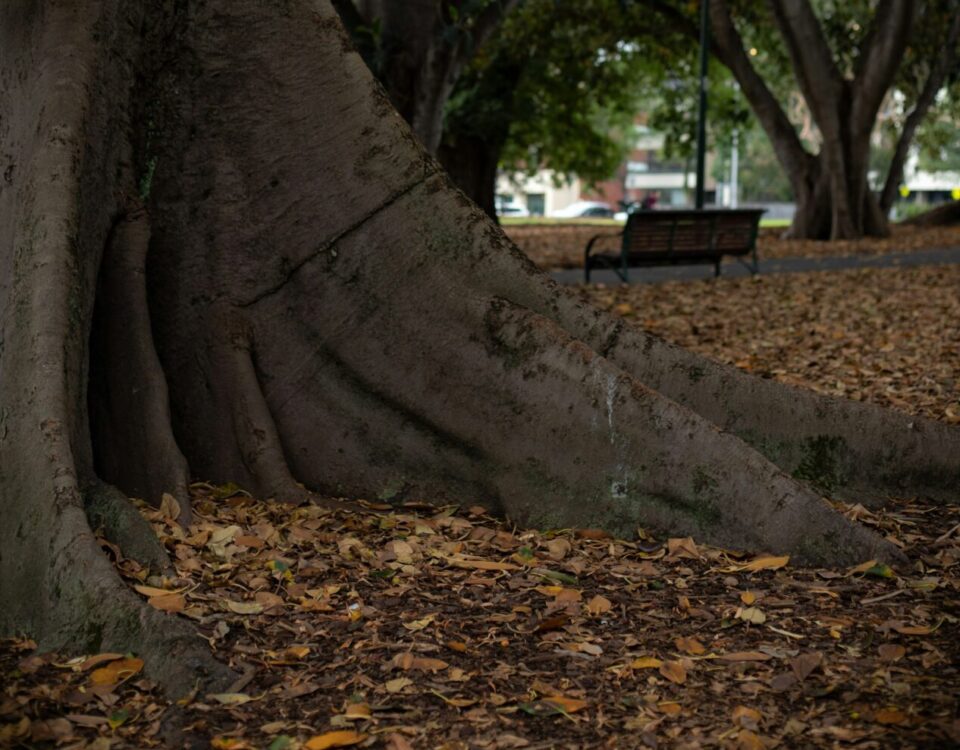
Staying Calm When Kids Aren’t
September 11, 2024
Play for Resilience
September 25, 2024Kids these days; the eye rolling, iPad demanding, food refusing, disrespect – and those are just the 2-year-olds! Every parent, and caring adult, has stories about kids being difficult. These stories may be about usual developmental challenges, or major situations that are urgent or could have serious consequences. Problem behaviors can lead to power struggles between you and the child. As much as a child’s behavior might be aggravating to you, it’s important to keep in mind that it isn’t helping them either. Kids are doing the best that they can, given their current situation, developmental level, and coping skills.
It is the behavior, not the child, that is the problem. The young person in your life has inherent value and worth simply as they are. They are not fatally flawed. They are coping the best they know how. You can become a co-conspirator with them against the challenges they are facing.
Teaming Up
I worked for 20 years as a child/adolescent mental health therapist so I have seen almost every kind of acting out, rule refusing, self-harming, or disruptive behavior that a child or teen can exhibit. In every case my goal was to turn the conversation from, “what is wrong with them?” to “how do we support them?” At times this conversation was with the parent, “my kid is impossible” other times it was with the teen themselves, “I know. I’m crazy.” My answer to the teen was always some version of “the stress you are dealing with is crazy, you are dealing with it the best you can.” The kid is not the problem, the behavior is the problem.
When you align with the child you turn a child vs adult power struggle into a team approach, where adults and child are working together toward solutions. In some cases, the team needs to expand to include teachers, other adults, and/or professional helpers all focused on finding healthier, more effective responses to the underlying problem(s). At times you may have to use your authority during the process. “I love you. I will help you get through this. Meanwhile, I want you to be safe so no, you can’t go to that party with those people.” As you work through challenges with the young person in your life, there are some key actions you can take to support the process.
Be Respectfully Curious
Listen deeply when kids describe how they are feeling and what is going on from their point of view. Ask about their experiences, with respect. “Can you tell me what was going on just before you yelled at the teacher?” Help them build the timeline of events. “Then what happened? …And what did they do? …And what did you do? …How did that go?” Try not to interrogate but to help them see, for themselves, what the pattern is so that together, you can sort out other behaviors to try. In depth listening provides everyone with the insight needed to make effective changes.
Get Support for Yourself
Nothing about this is easy and change often takes time. It can feel embarrassing and shameful to realize your child is self-harming or is the toddler in class who is biting her friends. You have inherent value and worth just as you are, even when your kid’s behavior is challenging. No amount of preparation makes it any easier the day your child or student says, “I hate you!” Look for support from people who are kind to you, and the child, who understands that this is a process. That may be a friend who helps you laugh at life’s challenges or a professional who can help you find new coping skills for yourself. Challenging behaviors often require creativity and effort to address. Make sure you have people in your life who support you.
Hold on to Hope
Ask some of your friends what was the worst thing they did as a kid. Perfectly lovely and responsible grown-ups behaved pretty badly at some point in their childhood. Using various substances, lying, sneaking out, talking back, busting out windows of a house under construction, stealing…. I don’t have to think hard to find examples from my generation. Our job is to hold on to hope, show a deep love, and use our resourcefulness to collaborate with the kids in our world to help them move toward behaviors that help them thrive.
By identifying the behavior as the problem, you and the child get to be on the same team. Together you identify the stressors and challenges in their life as the problem. This opens the door to solutions that work for them. Deep listening allows the child to develop insight for themselves and highlights where change might be made. Getting personal support gives you the grounding and energy you need to stay calm. Keeping hope alive reminds you that none of us are perfect, and stuff is going to happen. By working together, you build resilient relationships for you and the children in your life.
It is scary as an adult when the child you care about becomes uncommunicative, has angry episodes, or engages in self-harming behaviors. By aligning with your kid against the problems, you build their resilience by teaching them that they have worth and the capacity to change.
Peace,
Laura
* This is the third blog in a series about building resilience in kids. You can see the first two, Growing Resilience and Staying Calm. Your comments and questions are welcome on this topic and can be sent to resilience@learnmodelteach.com
* We will have a Q&A Zoom about Growing Resilience in Kids next month, October 17, 2024 6:30pm EDT.
The zoom link for both of these will be sent out through the email list at LearnModelTeach. If you don’t already receive these you can join our community at https://learnmodelteach.com/#connect.
* Laura offers Parent Coaching if you would like support from her. You can schedule a free 15 minute discovery call.





